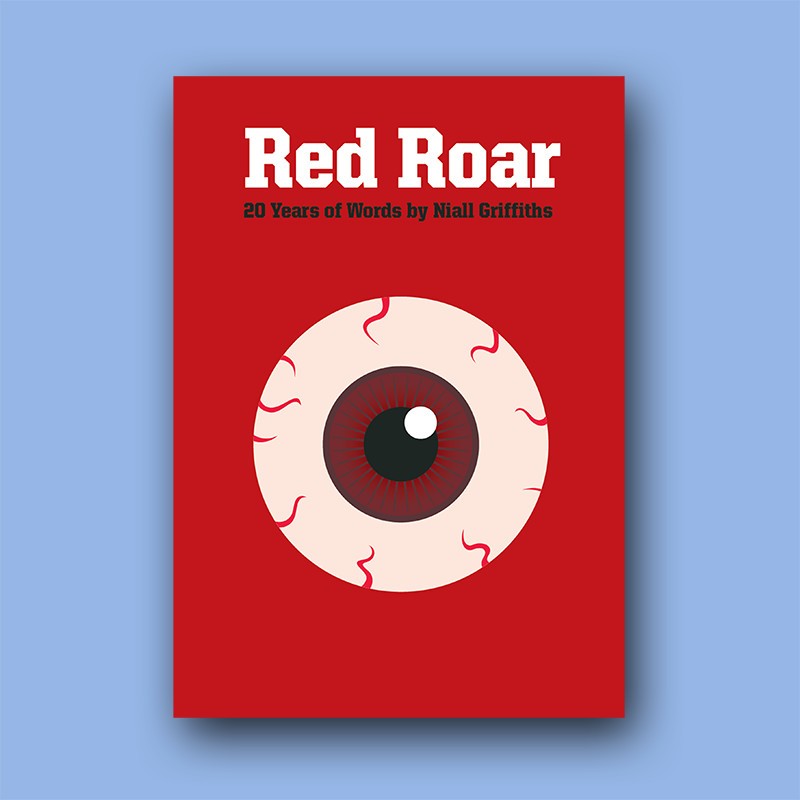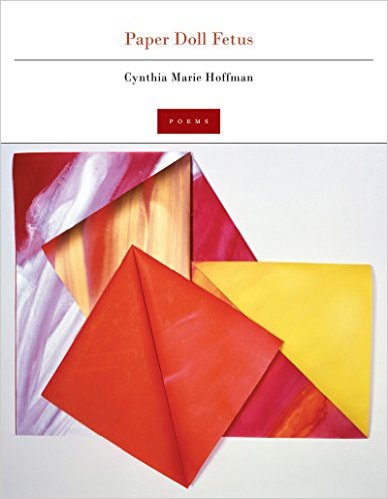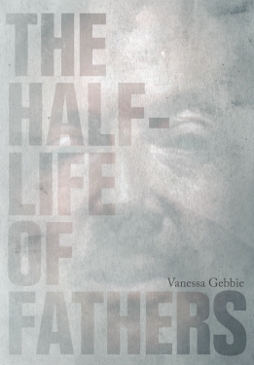Red Roar by Niall Griffiths
– Reviewed by Bethany W. Pope –
Niall Griffiths’ Red Roar is a vast, polluted river of a book which nonetheless fosters a great deal of life; fish swim and thrive among the condom wrappers, and in the right light the glass of broken beer bottles glitters in the bottom-muck with the radiance of jewels. Griffiths introduces himself with a political statement lamenting the current economic climate and the deleterious effect that it’s had on the arts:
the dole, when I was in my twenties, was seen, if not officially, as the sponsor of the arts; now, of course, it’s seen as the stigma of shame, the sign of some profound moral failure… The young woman in her room, alone, expressing her search for identity and meaning in a flimsy notepad, four for a quid from Poundland – there’s more soul and spirit and necessary essence of the terrible human tale in one line of her words than there is in the entire array of neatly-coiffed, sober-suited, shiny-shoed smirking mannequins that hollowly bray from the benches in the House.
Beyond the laudable political-humanist sentiment, this quote exemplifies the relationship that Griffiths has with the usual boundaries of sentence structure. His poetry either fragments or sprawls, scattering semi-colons, commas and dashes: anything to stretch the limit of the line.
There is no middle ground, in structure or subject. Griffiths abhors the easy centre. He writes about aspects of life that are often buried or ignored, describing (in graphic detail) things that some members of the middle-classes would (reeling with nausea) ignore. In ‘Scabies’, he describes the symptoms of parasitic infestation, the agony of treatment, and the beautiful relief that comes with the anticipation of finally being clean:
Covered in sticky Darcon cream
I try to feel them
writhing in their burrows, dying
leaving me alone. No more
nights thrashing at my flesh.
No more scratching
until I bleed.
A life in poverty is a life of discomfort. It isn’t just being unable to afford nice things, it’s being sick and hungry, it’s being perpetually cold; it’s going outside and knowing that your clothes are dirty, your hair is greasy, and that the checkout girl who curled her upper lip at you when you handed her your skin-slick pile of pound-coins had a point: you really do stink. Griffiths’ poetry captures all of this, exquisitely, but he does so with such poignancy and humour that not even the guiltiest, most cash-insulated reader would feel that he was being preached at.
Griffiths’ poetry fosters compassion, a feeling of siblinghood, and (occasionally) deep, gut-rumbling belly-laughs. The poem ‘Old Man In Search Of Discarded Pornography’ is probably the best joke-poem that I have ever read. On one level, the central image is absurd and wonderfully striking. On another, it captures such a perfectly human (and therefore beautiful) impulse that the absurdity is transformed to triumphant joy:
[…] crab-picking across landfill,
dodging bulldozers & sharp spikes of
metal imagine
the thrill of triumph &
fulfilment when you spot the
vagina flapping in the wind
between lung-like plastic bottles
& broken toasters
Griffiths is not one to deny our appetites. Nor does he pretend that we are anything but animals. In his poem, ‘Cell’, he describes the desperation of a brain captured without stimulation. The speaker reminds me of lab rats, encased alone in smooth Plexiglas cages, who would rather self-administer electric shocks than endure the agony of boredom:
Four walls, yellow; steel door; concrete
floor; stainless steel toilet with a shoal
of fag-ends and a peephole; wooden bed
with two thin rubber mattresses and
nothing else; nothing to look at, no
dialogue to steal, no words to
pluck out of this snared air. When
I have gnawed all my nails
down to blood and
picked my nose completely clean of snot,
I make pellets
out of the toilet roll and flick
them at the pan.
This collection spans nearly four hundred pages and twenty years of poetry. It is not a book to be read in one sitting, but it definitely needs to be read. It is a funny, honest, brutal, important book which encompasses almost every aspect of human behaviour. And, despite its length, it costs about the same as every other poetry book on the market.




